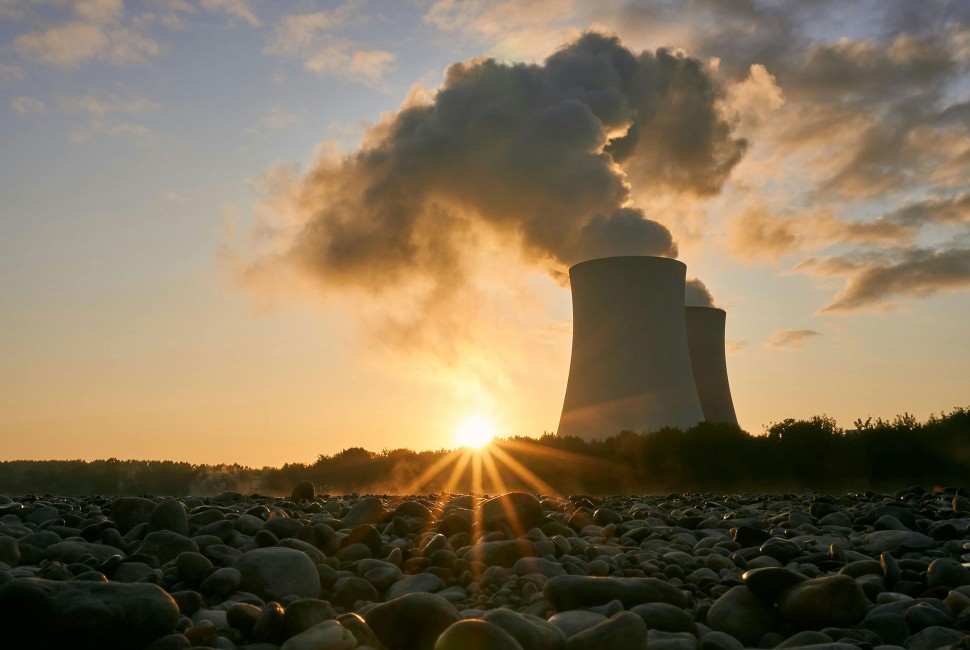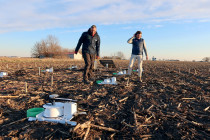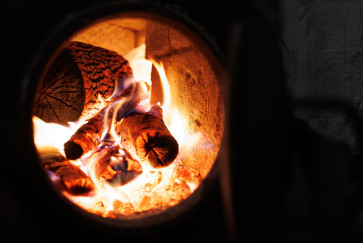Recognizing that carbon dioxide (CO2) removal is a critical tool for thwarting the worst of climate change impacts, the U.S. Department of Energy (DOE) has dedicated billions of dollars to explore the potential of direct air capture (DAC) technologies that can pull CO2 out of the atmosphere.
Regional DAC Hubs are a key part of DOE’s strategy and are supported with $100 million in DOE investments. Northwestern University is leading one of these hubs with nearly $4 million invested by DOE and partner companies. The award will be administered through the Paula M. Trienens Institute for Sustainability and Energy.
The DOE-funded projects will work to demonstrate the capture, processing, delivery and sequestration or end-use plans for captured carbon. Called the Midwest Nuclear DAC Hub (MINDAC), the Northwestern-led program will unite a diverse group of research and commercial partner institutions to test the feasibility of using a zero-emission nuclear fleet to power air handling units that remove carbon dioxide from the atmosphere.
MINDAC, which officially started on May 1, is one of only two DAC hubs located in the Midwest as well as one of two hubs with plans to harness nuclear energy as a power source.
Funded by the historic Bipartisan Infrastructure Bill and the Inflation Reduction Act, the Regional DAC Hubs Program will accelerate the demonstration and deployment of DAC technologies, supporting efforts to create jobs, reduce pollution and reinforce the United States’ global competitiveness in clean energy technologies.
After feasibility testing and engineering are complete, together these Hubs are expected to capture 1 million metric tonnes of C02 annually from the atmosphere. This is 250 times more CO2 than the largest operating DAC facility currently removes.
“While we need to amplify efforts to reduce greenhouse gas emissions across all economic sectors, given the urgency and severity of climate change we need all options on the table — full speed ahead,” said Northwestern’s Jennifer Dunn, the principal investigator of the project. “These options include direct air capture. We are excited to work with all our MINDAC partners and the Department of Energy to build a viable carbon capture hub in our region.”
An expert on the environmental impacts of emerging technologies, Dunn is a professor of chemical and biological engineering at Northwestern’s McCormick School of Engineering, director of the Center for Engineering Sustainability and Resilience and a faculty affiliate of the Trienens Institute.




